Conservationists’ world of concern as the G7 prepares to meet
Frontline conservation workers’ pleas for world leaders to heed their warnings of environmental catastrophe, before its too late
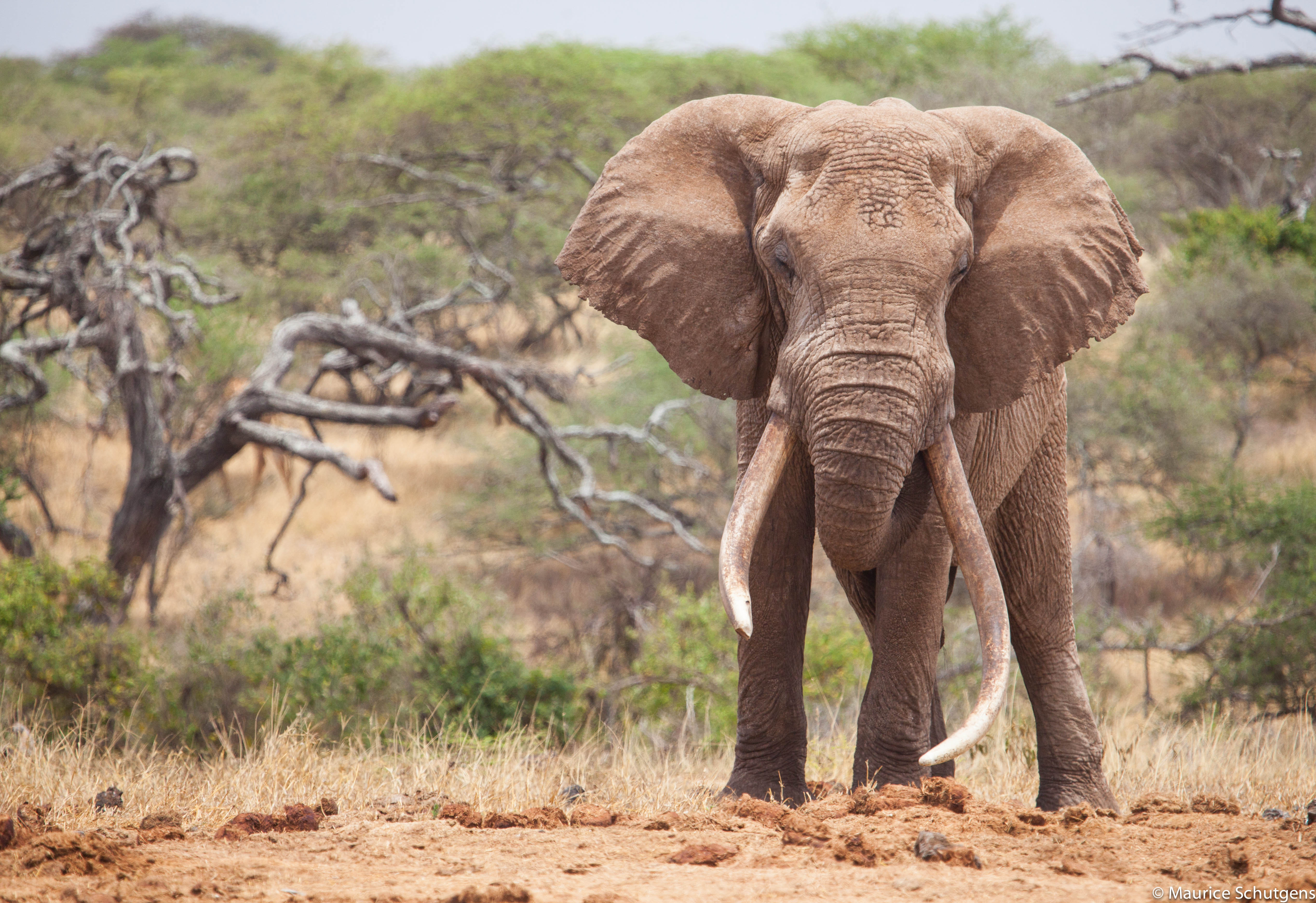
Your support helps us to tell the story
From reproductive rights to climate change to Big Tech, The Independent is on the ground when the story is developing. Whether it's investigating the financials of Elon Musk's pro-Trump PAC or producing our latest documentary, 'The A Word', which shines a light on the American women fighting for reproductive rights, we know how important it is to parse out the facts from the messaging.
At such a critical moment in US history, we need reporters on the ground. Your donation allows us to keep sending journalists to speak to both sides of the story.
The Independent is trusted by Americans across the entire political spectrum. And unlike many other quality news outlets, we choose not to lock Americans out of our reporting and analysis with paywalls. We believe quality journalism should be available to everyone, paid for by those who can afford it.
Your support makes all the difference.When leaders of the world’s seven most industrialised nations meet in London this week their decisions on issues such as curbing Covid-19 and rehabilitating a collapsed global economy will capture the headlines.
Yet the leaders of the United States, Canada, Japan, France, the United Kingdom, Germany and Italy must also recognise their obligations to our natural world.
Here, five conservationists working on the frontline around the globe share their urgent messages to G7 ministers; asking for a united effort to restore ecosystems and stop the illegal trade of wildlife, to protect the planet and prevent future pandemics.
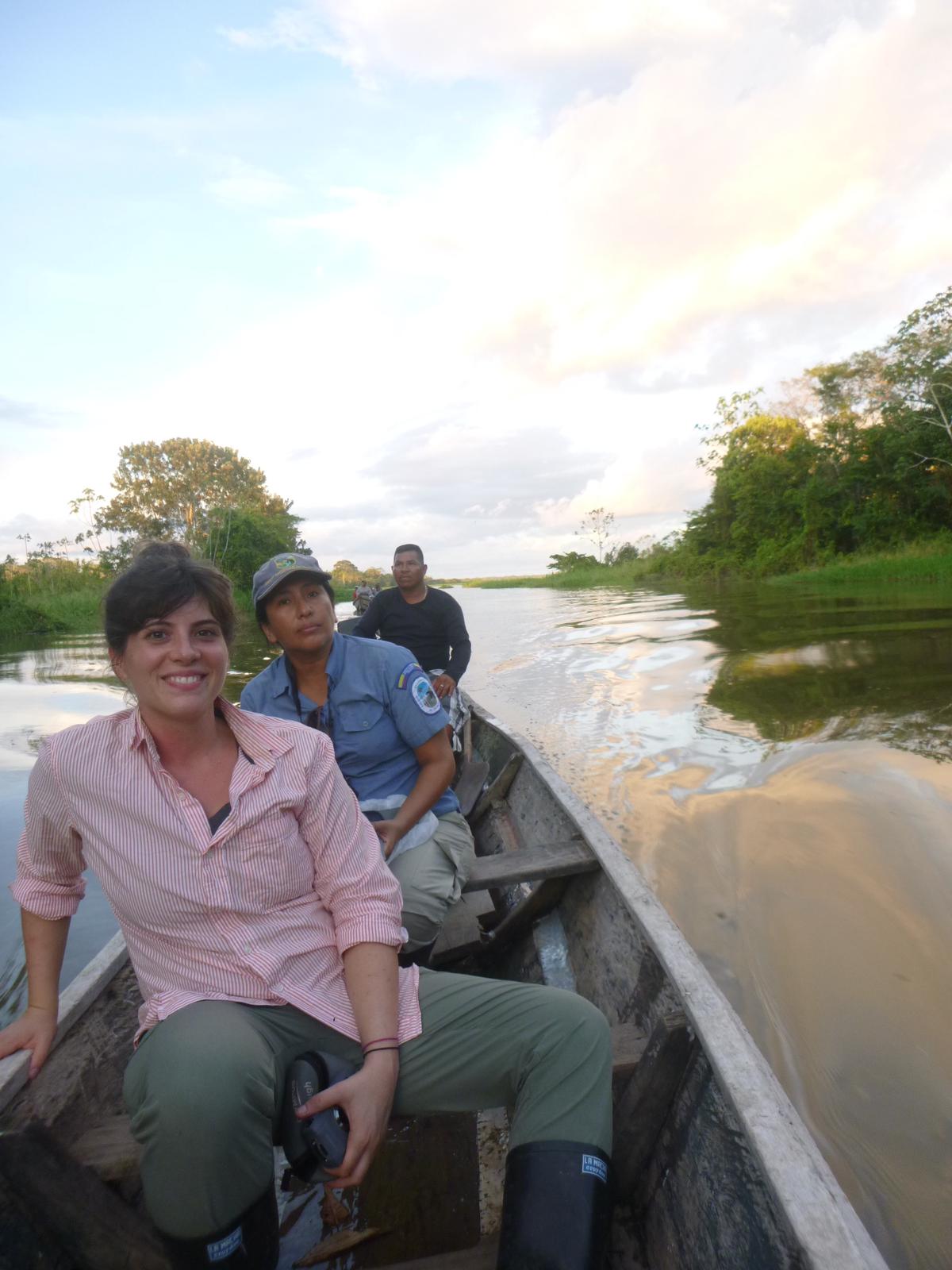
Andrea Hinek, works for Fundación Entropika, a grassroots NGO based in Leticia, capital of the Colombian Amazon
Amazonian indigenous communities located along national borders are hotspots for transnational organised crime, including wildlife trafficking. These remote border regions are characterised by weak security forces and high levels of systemic corruption, allowing wildlife smugglers to evade law enforcement.
Border patrol and law enforcement lack the training, resources, and cohesion to successfully identify and detain environmental contraband in transit.
Amazonian indigenous communities are rich in resources, yet largely neglected by the central governments and excluded from policy-making. This creates an ideal environment for traffickers to draw indigenous communities into illicit activities and use them as gateways for trade routes that render supply chains virtually untraceable.
To truly halt the illegal wildlife trade, strategies must be multi-disciplinary; including strengthening law enforcement capacities, presence, and inter-agency collaboration among border officials of neighbouring countries.
Strategies must also seek the participation and voices of the indigenous peoples who live alongside wildlife and who possess unique ecological knowledge systems that are essential for monitoring illegal activity.
Local governments should support community-based development initiatives so that indigenous groups can independently manage their natural resource base and economic destinies.
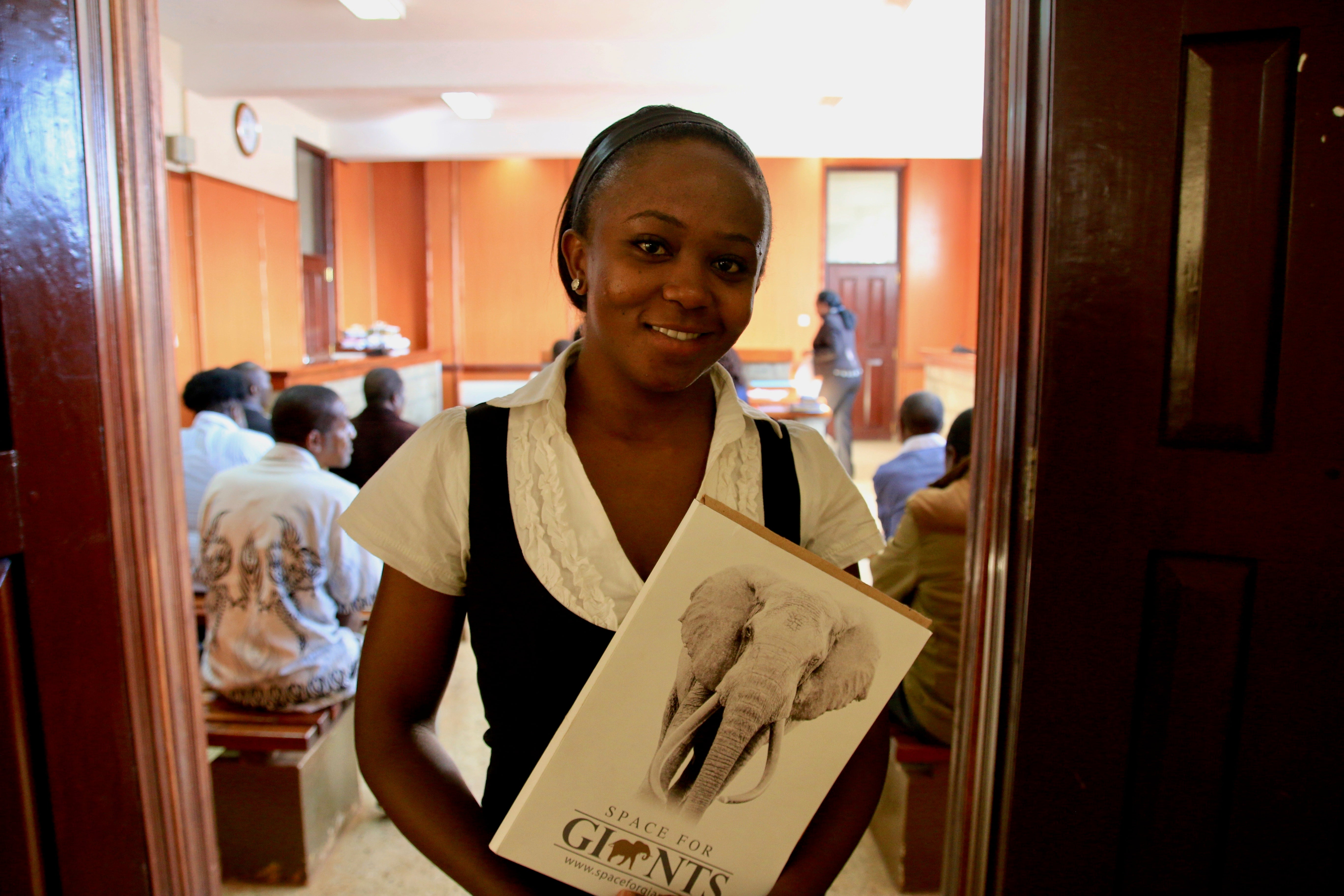
Faith Maina, Wildlife Court Monitor for conservation organisation Space for Giants, which works in nine African countries
G7 leaders have previously given several commitments towards stopping illegal wildlife trade, what we need now is quick and effective action.
Understanding the value of nature is only the first stage; we need a united, global approach to law making. As long as trade of wildlife is legal in some countries, the demand is going to remain.
All leaders must be aligned in our shared goals in order to eradicate and for countries to be held accountable if they do not comply.
My job involves conducting surveys and monitoring ongoing court cases involving elephant, rhino and sandalwood to evaluate progress. Those are the three most endangered species in the area of north Kenya that I cover. However, few people are aware of sandalwood.
Of the 15 sandalwood cases I have monitored, none have resulted in a conviction. It’s a precious tree that takes 30 years to mature, and after it is illegally harvested in Kenya it is moved to other countries. Other countries need to make laws to stop this trade - Kenya cannot do it on our own. To end the demand there must be no more loopholes.
The need for inter-agency collaboration has never been higher. Covid 19 has been a wake up call. If we don’t protect nature, much worse could happen.
G7 leaders are best placed to set an example for all of us to take individual responsibility for protecting nature. I am absolutely hopeful that good can come of G7 if they are truly committed. But if they carry on meeting and not actually doing, then it is all in vain.
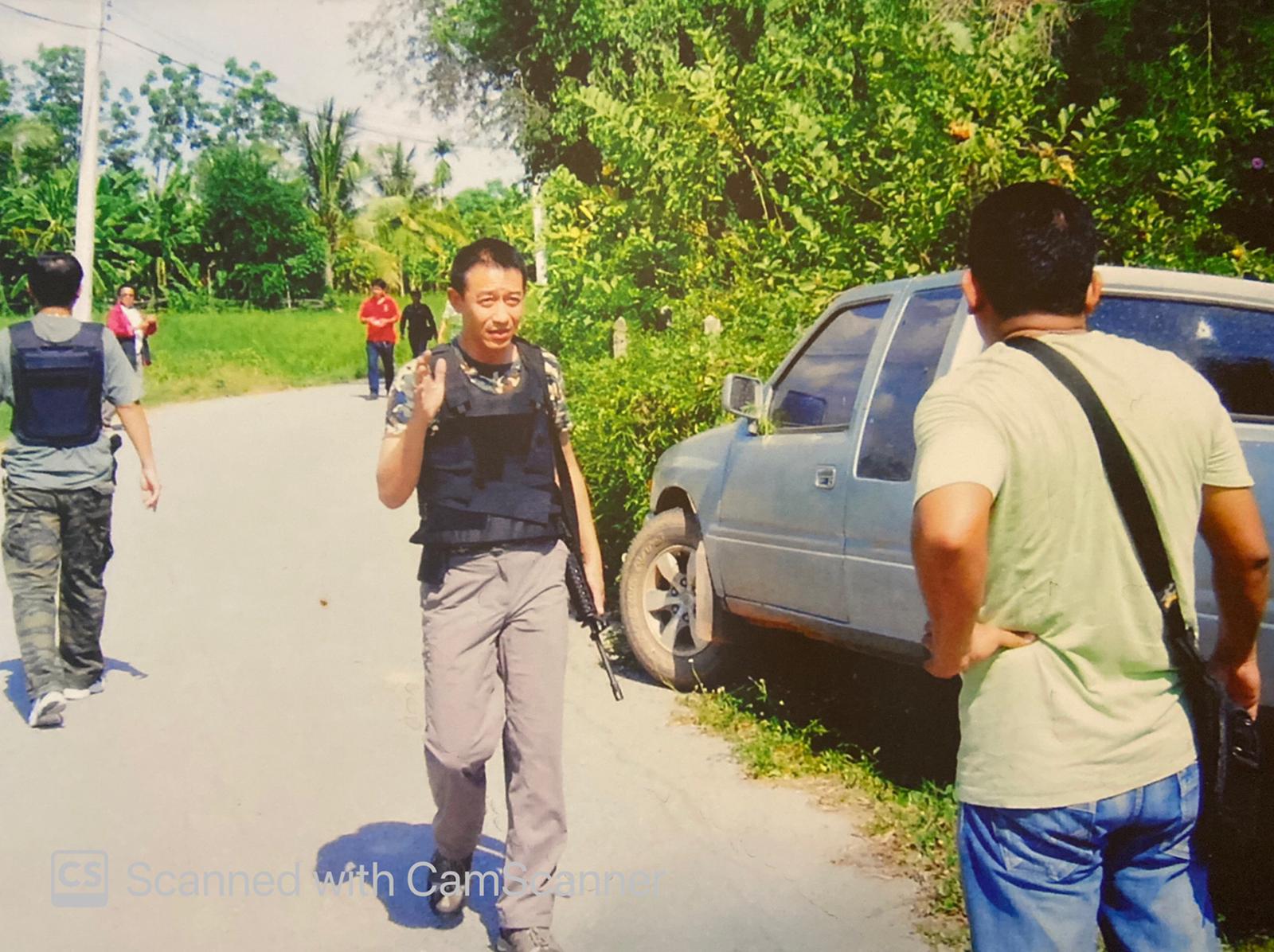
Petcharat Sangchai, former Thai Police General now Director of Freeland in Thailand
In the past wildlife crime was not thought to have a big direct impact on the world and on human beings, but since the pandemic it is very obvious that we are being punished by nature.
During more than three decades in the Thai police force, I was involved in many different wildlife crime cases. Some occurred in my own country, but many cases that Thailand’s police were involved with occurred on another side of the world. How can law enforcement conducting investigations that span different countries be more successful? The answer is better collaboration between countries.
Urgent action is needed for better collaboration. Transboundary collaborative investigation is the key to open the door to reach to the bad guys and to stop wildlife crime.
The world has taken nature for granted for too long, and I believe the G7 should urgently prioritise this.
Now I am a retired policeman working with Freeland Foundation, we help law enforcement officers to conduct wildlife criminal investigations both nationally and internationally. I use my international investigation experience to support officers to deal with wildlife crime, and we need to increase training, resources and funding internationally to ensure wildlife criminals can be captured and brought to justice.
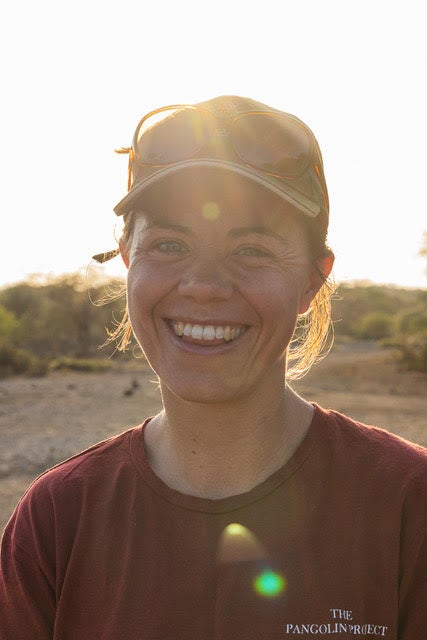
Claire Okell, Director of The Pangolin Project which operates across Africa
The G7 must take urgent action to protect wildlife and put nature and biodiversity on the path to recovery. Just as the UK led the way in creating the world’s first Climate Change Act, we should be the first country to set ambitious targets in law for nature’s recovery. We need to see commitments to reducing the illegal wildlife trade and protecting biodiversity to prevent the extinction of species and to ensure the health and security of humanity.
Pangolins are the most trafficked mammal in the world today. It is estimated that over one million pangolins have been poached from Africa since 2000 and now more than ever, they need our help.
There is no evidence to show that Pangolin are the intermediate carrier of Covid-19, as previously suggested, but the pandemic has highlighted the extractive and exploitive nature of the illegal wildlife trade. If humanity continues with these practices, it does so at great risk to both our health and economy.
Pangolins are beautiful and shy creatures and an excellent indicator for biodiversity and ecological resilience - both of these are essential to ensure human food and social security.
We need long term commitment of investment to reverse wildlife decline and kickstart a green recovery after Covid. Setting commitments and legally binding targets would send a powerful statement of intent and set a direction that the rest of the world could follow.
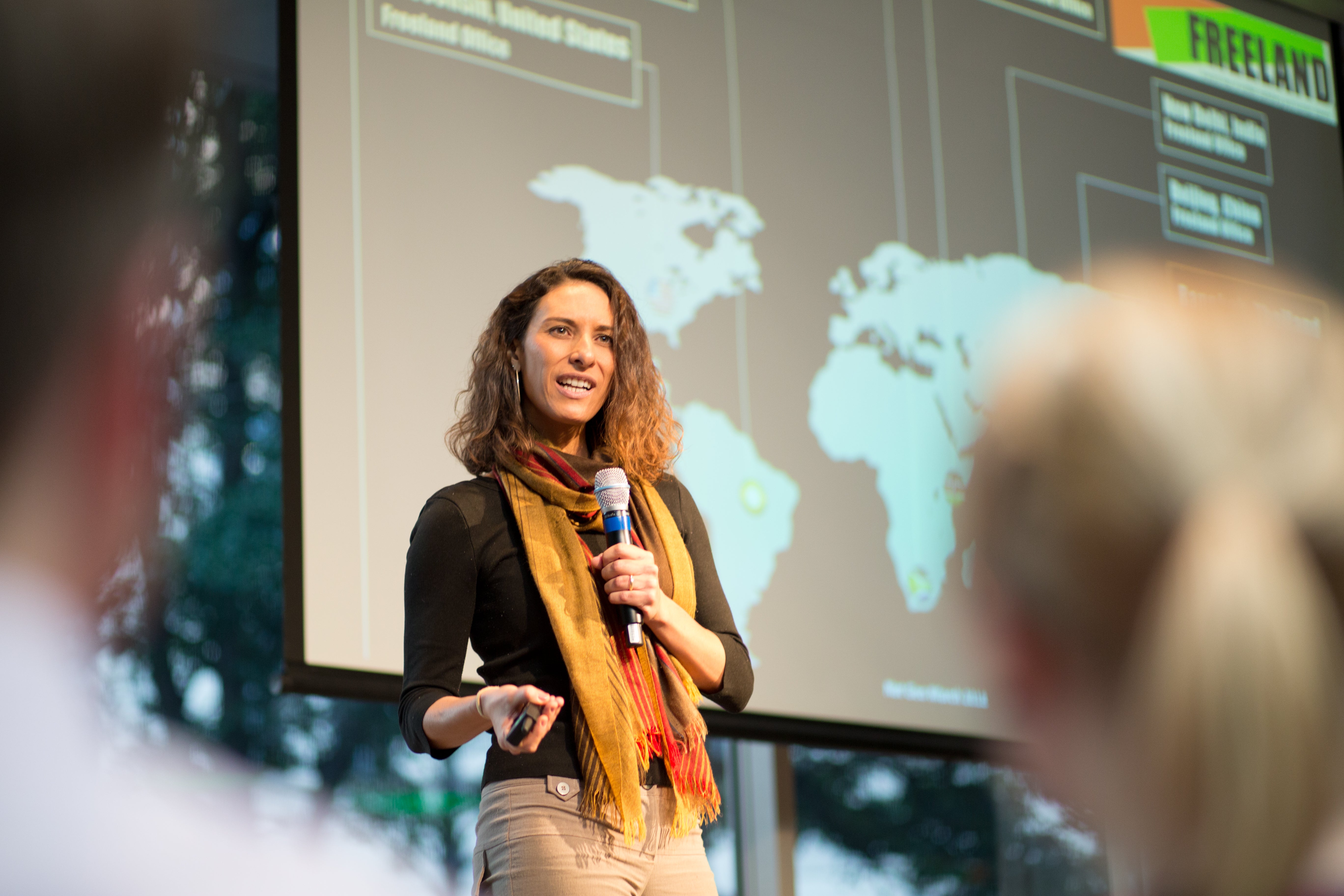
Juliana Ferreira, a National Geographic Explorer who works in the frontline in Brazil to stop wildlife trafficking
To guarantee our survival and the survival of future generations, it is fundamental that G7 leaders understand the urgency with which we need to shift to a green economy in which we adopt the “One Health” approach, taking into account environmental, human and animal health.
Wildlife trafficking and exploitation affect entire ecosystems, and contribute to the emergence of diseases with zoonotic origin, which could become new pandemics.
To minimise these effects, G7 leaders need to provide incentives to farming systems that rely on environmental health; support initiatives by developing countries to conserve ecosystems; work to phase out global wildlife trade, especially exotic pets; address wildlife trafficking as a serious crime in national legislations; and support the new protocol under the UN convention on organised crime proposed by the End Wildlife Crime Initiative.
We still have time to restore ecosystems, reform farming and change the way we interact with wildlife. But we need G7 to take action now.
Join our commenting forum
Join thought-provoking conversations, follow other Independent readers and see their replies
Comments